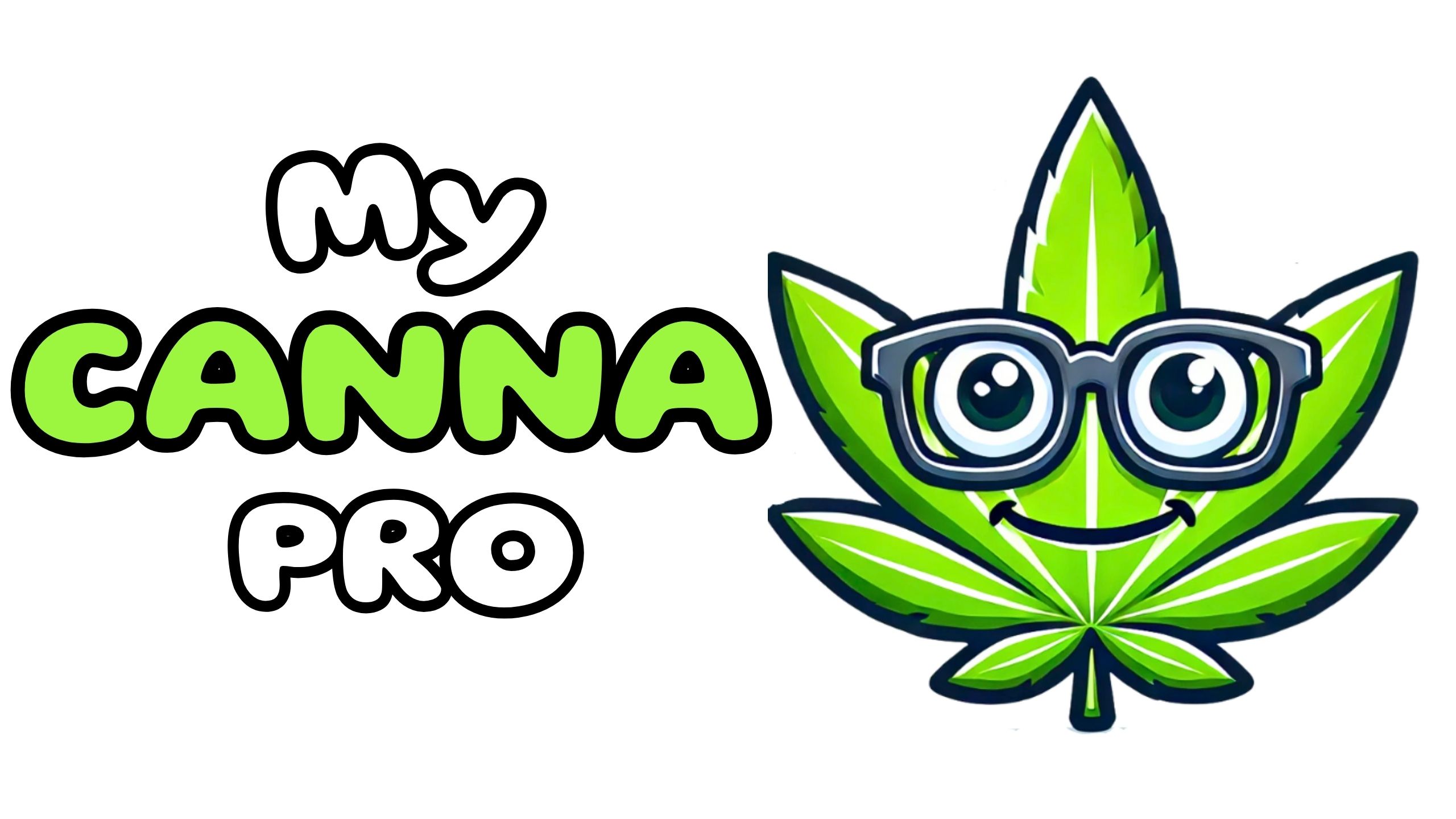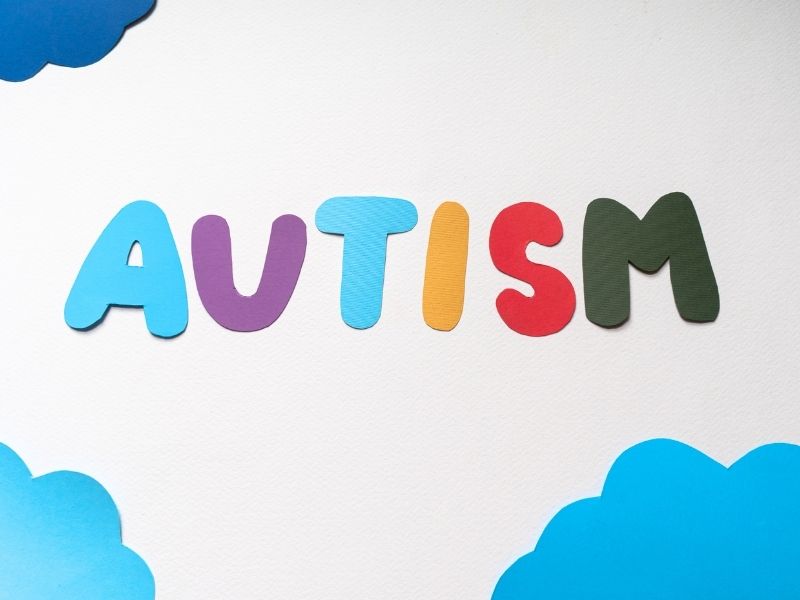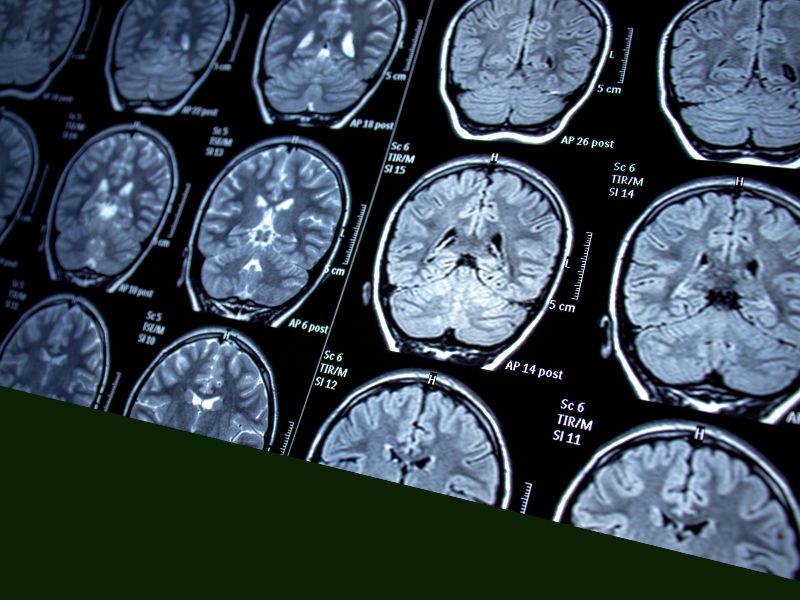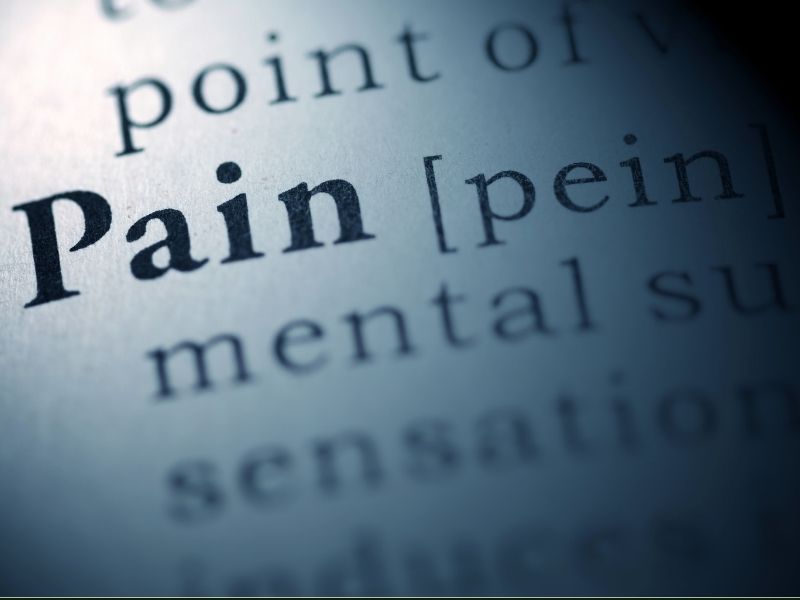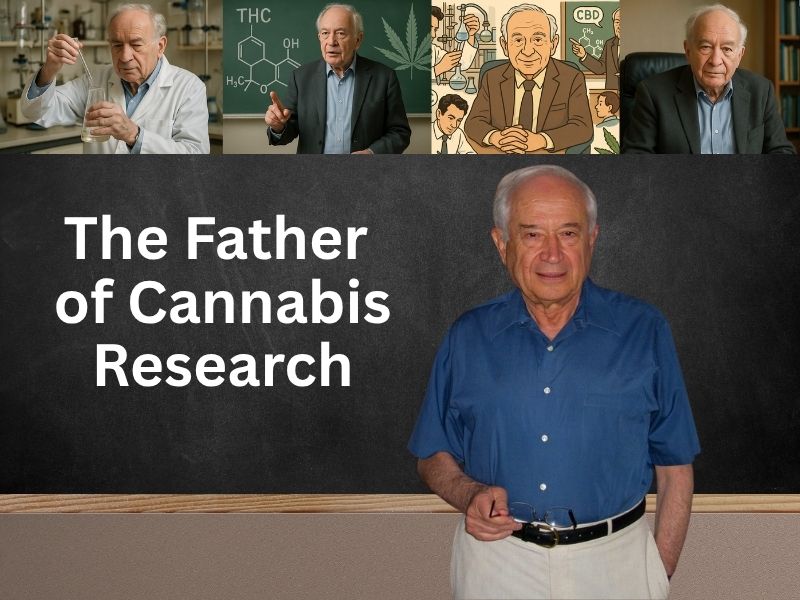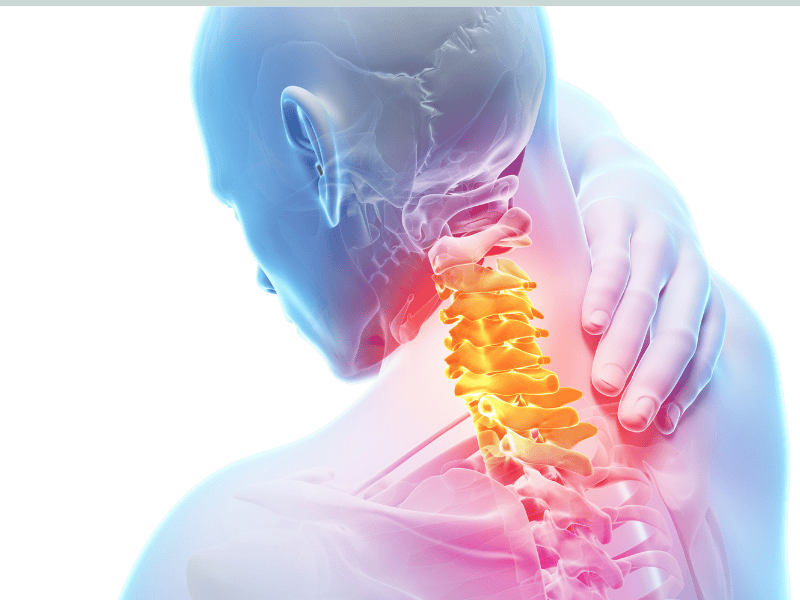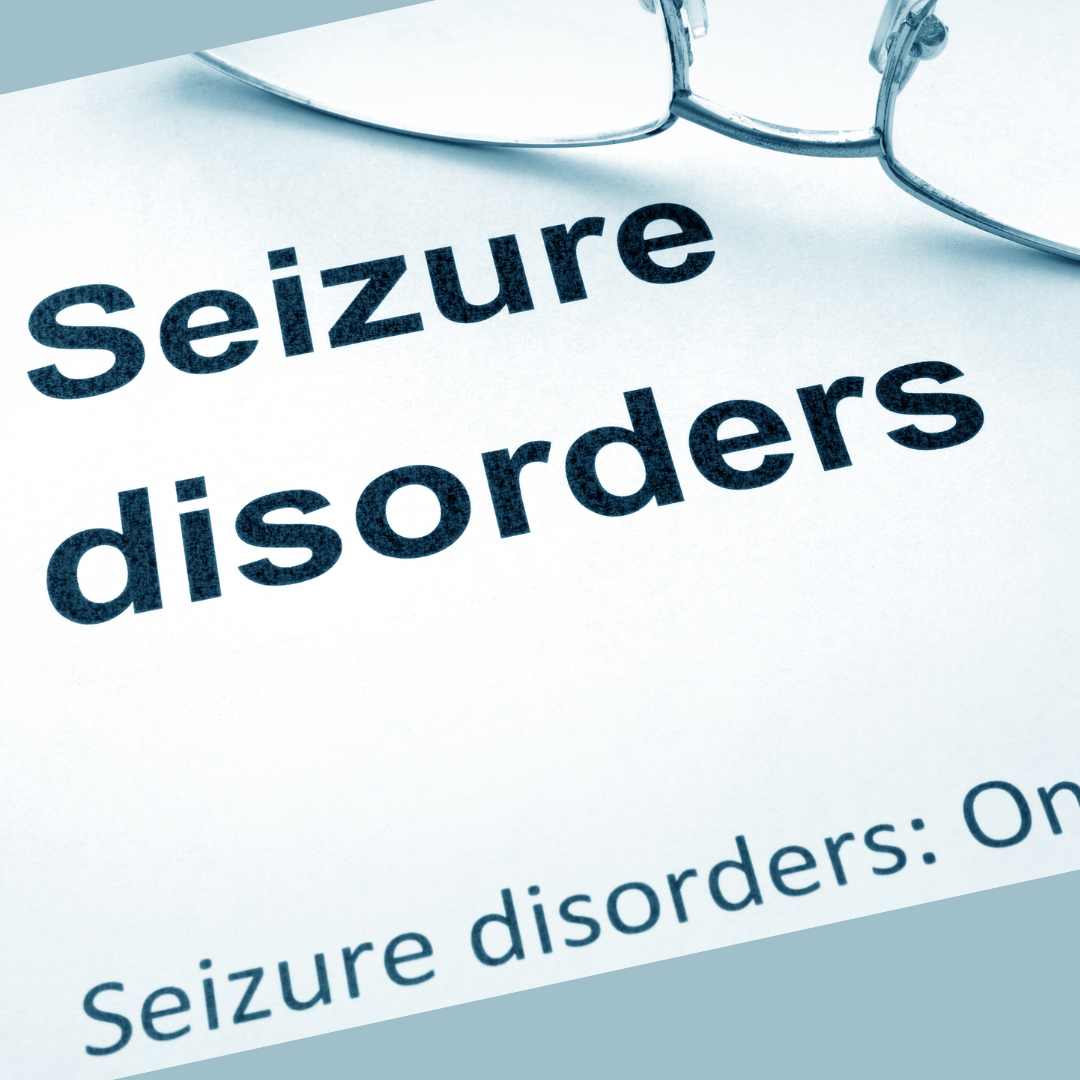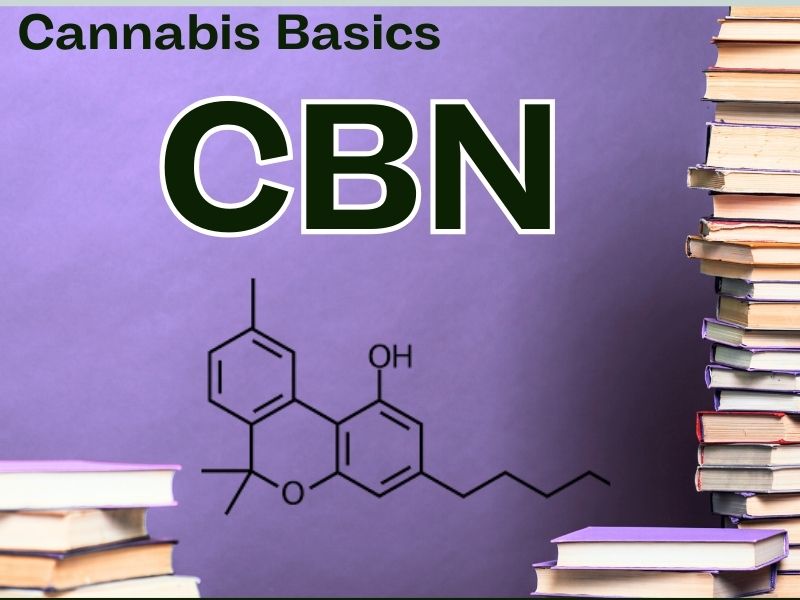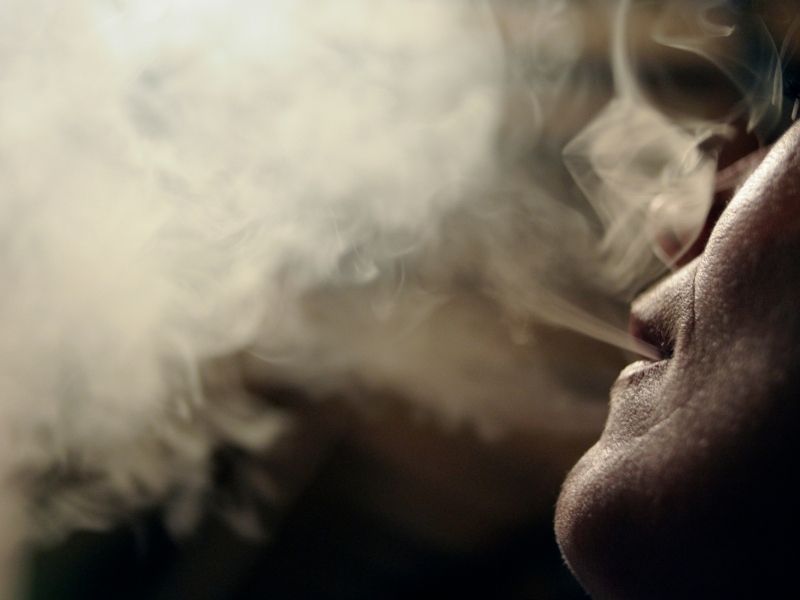Can CBD Help with Autism Spectrum Disorder? New Research Sheds Light on a Complex Question
As rates of autism spectrum disorder (ASD) diagnoses continue to climb worldwide, many families and healthcare providers are searching for better treatment options. While traditional therapies focus on managing associated behaviors like anxiety and irritability, there’s no established pharmaceutical treatment for ASD’s core symptoms. In this therapeutic gap, interest in cannabidiol (CBD) and other cannabis-based therapies has surged. But does the science support their use? Recent studies suggest cautious optimism—but also highlight the need for more rigorous research.
A new systematic review published in early 2025 analyzed data from seven studies involving 494 children and adolescents with ASD. The review focused on the potential efficacy and safety of CBD-rich cannabis formulations. Encouragingly, many of these studies reported moderate improvements in anxiety, sleep quality, social interaction, and even reductions in disruptive behaviors. However, results varied between studies, and improvements in core ASD symptoms—such as social communication difficulties and repetitive behaviors—were less consistent.
One of the key mechanisms behind CBD’s potential benefits involves its interaction with the endocannabinoid system (ECS), which plays a crucial role in brain development, emotional regulation, and social behavior. Children with ASD often show dysregulation in this system, leading researchers to explore how cannabinoids might restore balance. CBD also influences serotonin receptors, which could explain its reported effects on anxiety and mood regulation—two common challenges faced by individuals with ASD.
Despite these hopeful findings, the studies reviewed were not without limitations. Many had small sample sizes and lacked standardized methods for measuring outcomes. Some studies reported statistically significant improvements in anxiety and sleep disturbances, while others showed minimal or no difference compared to placebo. This inconsistency underscores the complexity of ASD and the difficulty in finding a one-size-fits-all treatment approach.

Safety remains a critical consideration for families exploring CBD therapies. While most studies reported mild side effects such as drowsiness and decreased appetite, rare cases of more serious events—including increased aggression and gastrointestinal symptoms—were noted. Importantly, the frequency of adverse events was similar between the CBD and placebo groups in most trials, suggesting that CBD formulations are generally well-tolerated. However, long-term safety data is still lacking.
Interestingly, recent research also explored whether CBD could improve the core social challenges associated with ASD. Some studies found mild improvements in social responsiveness and behavior regulation, while others showed no significant difference. This suggests that while CBD might help manage associated symptoms like anxiety and sleep disruption, its effects on core autism characteristics are still unclear.
Adding to the conversation, a separate meta-analysis presented at the 2025 European Congress of Psychiatry concluded that CBD extracts provide “moderate improvements in social responsiveness and small but notable reductions in disruptive behaviors and anxiety” in children and adolescents with ASD. These results support the idea of including CBD as a potential tool in managing ASD—but only with careful medical supervision.
Despite promising early findings, experts agree that more large-scale, controlled clinical trials are necessary. These future studies should focus on standardizing dosages, measuring long-term outcomes, and determining which patients are most likely to benefit from cannabinoid-based treatments. Until then, families should approach CBD therapy cautiously and discuss any alternative treatments with their healthcare providers.
While cannabinoids may not be a cure for ASD, they represent a promising area of research for managing challenging symptoms. With further scientific exploration and responsible use, CBD could one day become a valuable addition to individualized treatment plans, helping children and families navigate the complex world of autism with greater ease.

